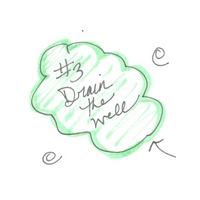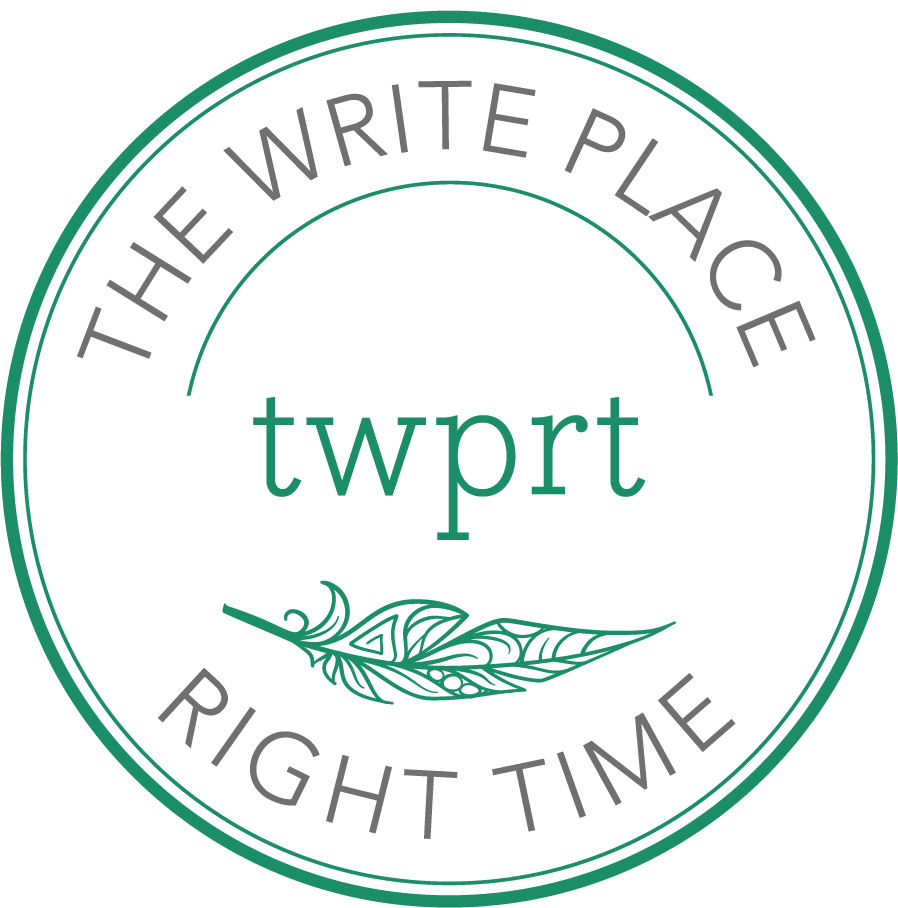
I see it all the time. Women jump on the call with me, saying they have a book idea. Naturally, I ask them, “So, what’s your book about?” There seems to be two paths to answer this question. Either, the path of least information. Meaning they answer the question with a bunch of “Well…” “Uh…” “It’s kind of…”
Or, they choose the path of too much information which is really mostly a retelling of life events in chronological order. “Well, it starts when I’m 5 and …. Then when I’m 25 I …. And then I got married and…” Don’t fret if you’re reading this going, ‘That’s me.’ You simply haven’t discovered your story yet.
(But I have provided a couple of other tips to help get you a little closer. You can read Expert Tip 1 or Expert Tip 2 and this is Expert Tip 3.)
When people work with me, we always go searching for the story and getting really clear. Most of the time women can’t answer that initial question (“What’s your book about?”) because they don’t know how to answer it. YET. They have a loose idea of what they want for the book or what life experiences they want to finally share, but they don’t realize that neither actually makes up ‘the story.’
Memoir is about taking some part of your life and re-examining it from the point where you are now and making new meaning from it while you simultaneously show the reader what it was like then as you were living it. You do this through scene-building, imagery, sensory details, character development and dialogue that places your reader right in the middle of the action while also holding space for your older and wiser self to reflect back.
A memoir reads like a novel but is based on the author’s lived experience. But even starting to think about scene or character development is putting the cart before the horse. First, you need to determine what you’re saying. You need to discover your story.

The people who work with me often know they want to write a book about their life but they don’t know how to craft their experiences into a work of art that someone else will find interesting, entertaining, compelling, and relevant to them. And that makes total sense. Not all of us studied writing or took even one creative writing class. There’s a reason this is considered an art.
Another commonality is that they think ‘the story’ is the entirety of critical life events, but that’s not the case. The events and circumstances one goes through that are then retold in the narrative are considered ‘the situation.’ ‘The story’ is the underlying emotional thread – the heartbeat for which all of the life events and circumstances (the situational elements) are about. Essentially it’s diving below the surface to ask ourselves “What do all of these experiences I care to share really mean? What’s the thing connecting them all?”
 And that’s where my Drain the Well exercise comes in. This is how I help clients sift and sort and then organize their ideas. So if you want to discover your story this is a great tool to use.
And that’s where my Drain the Well exercise comes in. This is how I help clients sift and sort and then organize their ideas. So if you want to discover your story this is a great tool to use.
First, “the well” is your mind. Your mind is running rampant with all of the ideas, stories, concepts, characters, feelings, themes, that are coursing through your head about your life and that you think could be in the book. “Drain” means get that shit out of your head.
So to Drain the Well means putting all your ideas on paper and my favorite way to go about this is by using post-it-notes. You mind dump all the critical life moments, themes, people, events, memories onto post-its. You can choose different colors for different categories, such as using one color for people who are important, one color for themes, and another for critical moments.
When you’ve got everything on post-its you can then group things together. Perhaps a few of the critical moments all seem to be about one theme, or have the same person involved. You want to look for patterns and trends and note what they are and what clue they may be offering.
For example, when you have all of your critical life moments laid out in front of you, can you see if there’s a certain time frame where most of these took place. Maybe that indicates the period of your life your book wants to be about which helps narrow some things down. Or, perhaps, if each of these moments have to do with the same person, maybe your book has something to do with this particular relationship.
I like to think of this exercise as having a fresh puzzle but with no picture on the box. You’re essentially dumping all the various ideas out of the box onto the table and searching for similarities in the same way we search for straight-edged pieces to build the frame of the puzzle. When you start to see a frame emerge, you start to discover your story.
Now that you've read this expert advice, are you feeling ready to write your book? Do you want to know what else you should be thinking about as you plan? If that's a YES then go check out my Book Planning Scorecard. Because you don't know what you don't know. The purpose of this scorecard is to help you identify how much you’ve already considered about the book you’re thinking about writing before you spend the time and effort actually writing it. You can get your Scorecard here.
